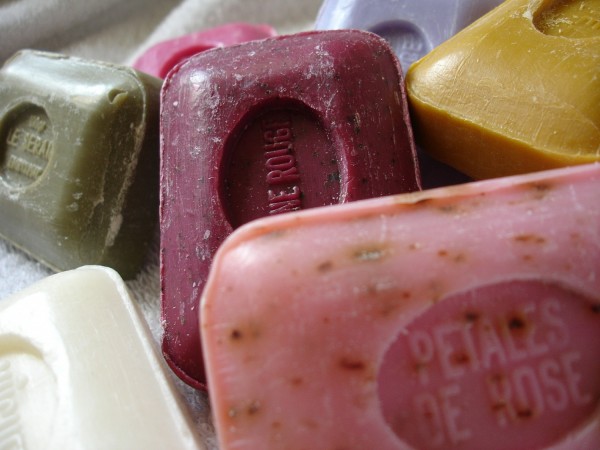Study Suggest Link of Antimicrobial Soap Additive in Worsening Fatty Liver Disease
In the middle of a pandemic, it is essential to take good care of one's hygiene to prevent getting infected by COVID-19 and other notorious diseases caused by microbes. Wearing masks, social distancing, and regular washing of hands is encouraged by health-related organizations to ensure our safety. But what if the antimicrobial soap you are using to clean your hands increases your risk of something you might not have dreamed of having?

ALSO READ: Dietary Supplement Can Help Treat Fatty Liver, Study Suggests
Researchers from the University of California San Diego (UCSD) found shreds of evidence that antimicrobial present in many soaps and cleaning items aggravates fatty liver disease in mice fed with a high-fat diet. Also called Triclosan, Mayo Clinic said that this chemical is added to various products, and a small portion can be absorbed by the skin when used. They also added that in 2017, the US Food and Drug Association (FDA) professed that the said chemical is not generally recognized as safe and effective for antiseptic products and envisioned to be used in a health care setting.
In the release by UCSD, a professor from the Department of Pharmacology at UC San Diego School of Medicine, Robert H. Tukey, said that triclosan's increasingly extensive use in consumer products presents liver toxicity for humans. He also added that their study shows that common factors people usually encounter in living every day, and the abundant presence of triclosan to every product, alongside the diet that high in fat, establishes a good foundation for the development of fatty liver disease in mice.
READ ALSO: Is Liver Cleansing True or Not and What Should You do to Help Your Liver?
Methods and results of the study
According to the release, the researcher fed a high-fat diet to mice with type 1 diabetes because a high-fat diet is linked to developing non-alcoholic fatty liver disease (NAFLD). The release furthers that obesity and diabetes are risk factors of NAFLD, which in humans, NAFLD can cause liver cirrhosis and cancer.
The release mentioned that the researchers discovered in their 2014 study that exposure to too much triclosan developed liver tumors by messing with the protein responsible for removing foreign and harmful chemicals inside the body. They added that some of the models were fed with triclosan causing blood concentrations somehow akin to human studies. The researchers note in the release that compared to a high-fat diet, and triclosan augmented the progression of fatty liver and fibrosis.
The study emphasized that consuming a diet high in fats is a signal for the cells to produce more fibroblast growth number 21 (FGF21), which is a response to help the liver cells protect from damage. Tukey and his research team stress that triclosan muddles with the two compounds needed by the cells to produce FGF21. The researcher also highlights that the discovery will better help the experts understand NAFLD's risk factors because the same molecular systems also operate in humans. They stressed that the results would give them a new place to develop latent intercessions in preventing and mitigating liver disease.
READ NEXT: Planning to be a Living-Liver Donor? Here's What You Need to Know
Check out more news and information on Liver Disease on MD News Daily.
Nov 24, 2020 07:00 AM EST





